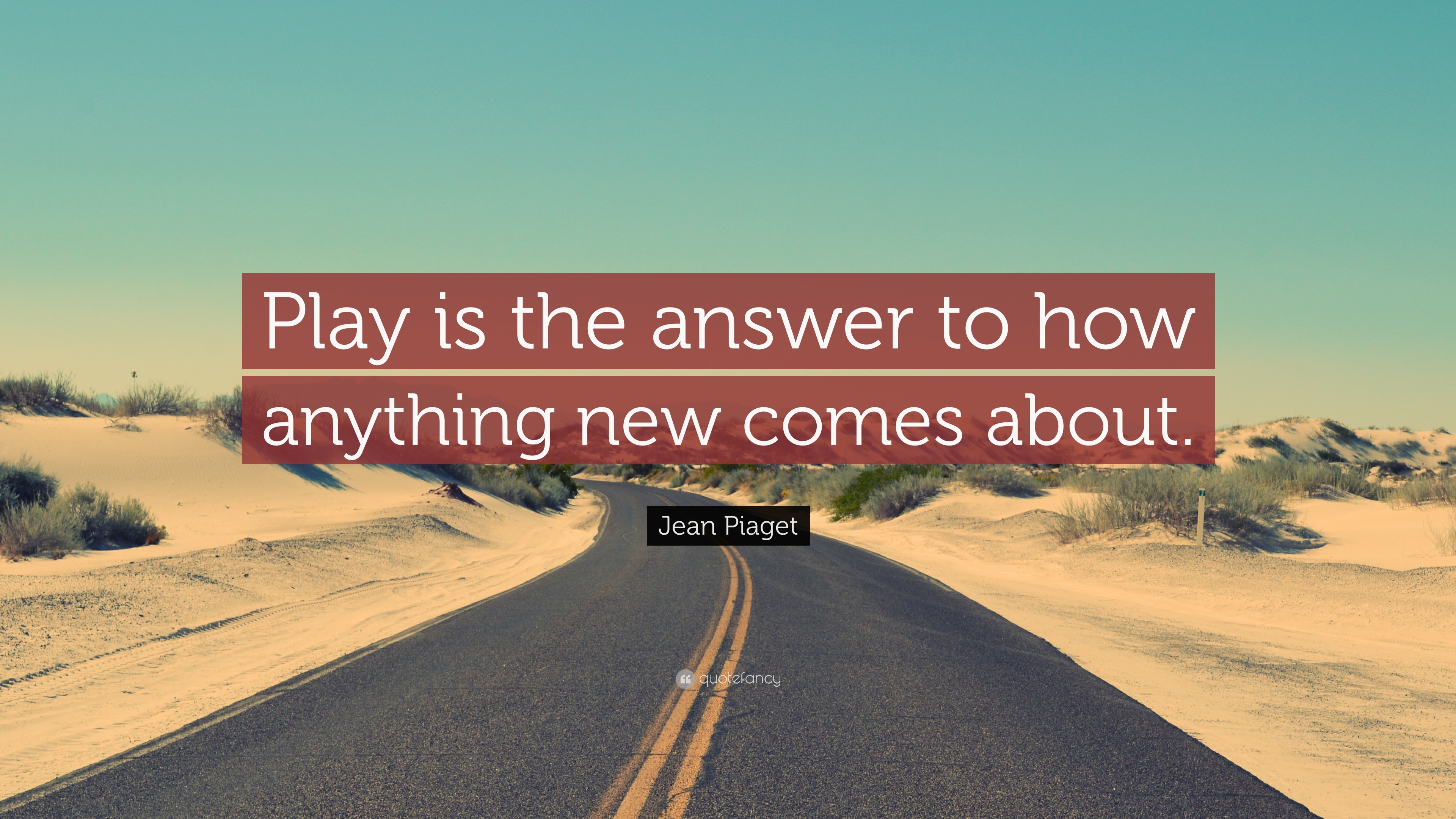5 Parenting Styles and Their Effects on Life:
In theory, there are only four styles of parenting. Authoritarian parents are controlling and demand obedience without considering the child’s point of view. Permissive parents are loving, but don’t exert any control. There are no rules. Authoritative parents who are firm but loving. They encourage independence, within limits. Neglecting parents are uninvolved and often uninterested in their own child. Recently a 5th style was proposed, but we will come back to that later.
The styles range from controlling and demanding, to complete freedom; and from cold and unresponsive to loving and receptive. Each, authoritative, permissive, authoritarian and neglectful parents, have their place. To understand what it means to grow up with parents from each end of the spectrum, we can imagine the lives of four children.
1:Twinkle's parents are Authoritarian.
They love their girl, but they believe that strict rules are important to make twinkle become well behaved and fit into the society. If twinkle cries, she’s told to stop.
If she talks back, she is sent to the corner for timeout. If she forgets to take care of her chores around the house, she is not allowed to play with her toys. twinkle learns that suppressing her emotions and following her duties is the way to get through the day. To get the love of her parents, and to avoid making them upset, she becomes obedient. However, because twinkle was never allowed to decide for herself or follow her intrinsic interests, as an adult, she doesn't know what she really wants.
She begins living a life that seems perfect to her parents and society, but might leave her unhappy on the inside.
2:Permissive parents , like those of Peter, love their little boy so much that they believe they should fulfill all his wishes, give him full freedom and never say “no”.
Peter enjoys full control over his parents and gets whatever he wants. If he doesn’t want to walk, he’ll be carried. If he wants ice-cream, ice-cream he gets. If he wants to play games, he’ll be playing them all night. Peter grows up completely without borders and does whatever he thinks is right. He never coped with conflict and he did not learn to control his emotions. The fact that he always got what he wanted made him a bad loser. As he grows older he often acts inconsiderate and doesn’t know his limits.
3:Sam's Authoritative parents respect their child's needs, but believe that kids need freedom within certain limits. Sam can freely play, but when he’s done, he needs to help tidy up. He is allowed to eat ice cream, but only on Sundays. Screen-time is limited to 30 minutes a day. There may be conflict, but the parents listen to what Sam has to say and then lay down the rules. However, they don’t give in, nor do they use rewards or punishments. Sam learns that some things are difficult, but his parents give him all the support he needs to get through it. He develops the strength to endure hardships and to continue following his interests and passions.
In class he bravely expresses his own opinions in an appropriate manner. During breaks he can show his emotions and act freely. As an adult he agrees to rules only after they have been discussed and he feels like he understands them.
4:Neglectful parents are usually not present in their children's life. Ava often feels completely alone in the world. She experiences full freedom to do anything she wants to and has plenty of imagination, but she never receives any feedback, affection, love or even attention. Ava realizes that it doesn’t matter what she does, because no one cares anyway. The lack of attention, leads to a lack of trust in herself and others. She becomes insecurely attached, unable to form healthy relationships and develops a negative image of herself. To stop feeling unworthy of love , she tries not to feel anything at all.
5:over-Involved parents
In recent years, over-Involved parents, who are present in every aspect of their child’s life, are often referred to as the 5th style. These parents are also known as ‘snow plows’, removing obstacles out of their kids' path, or 'helicopter' parents, who hover about and micro-manage every aspect of their child's life. Since they won’t let their children do anything alone, the children can’t learn to overcome challenges by themselves.
Research infers that these children don’t like to solve difficult problems , lack perseverance and may even procrastinate in protest when something requires a lot of effort. Since most research on parenting is based on self-reports and was done in the US and Europe, it is not clear how strong the observed effects will hold up in controlled observational experiments or in other parts of the word.
The four parenting styles were first introduced by Psychologist Diana Baumrind.
For good parenting she advised: “balance of demandingness and responsiveness".
Add to that the wise words of Maria Montessori to “Never help a child with a task at which he feels he can succeed.”
and parents should probably do pretty well.

























